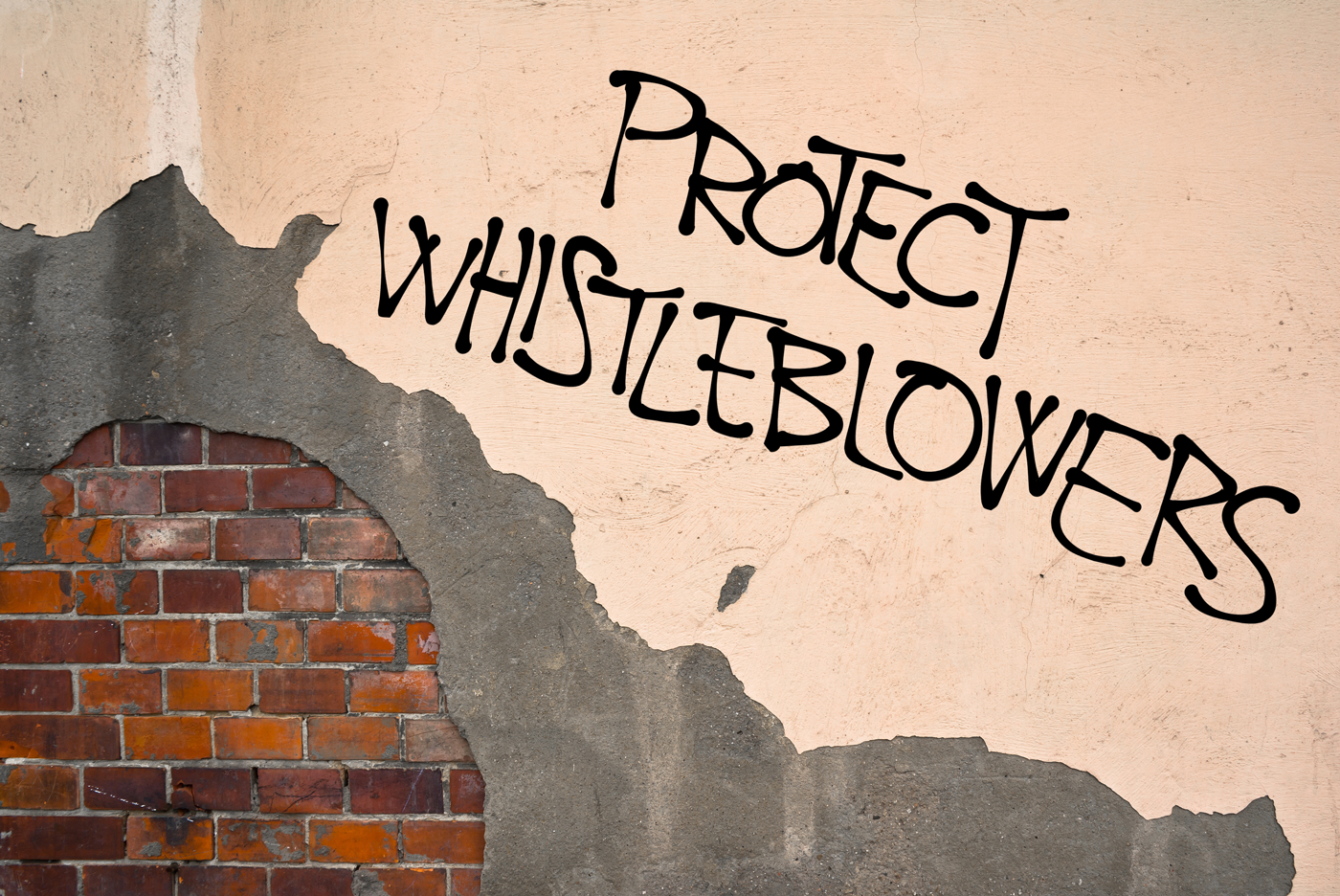The $9 Billion Secret: How One Lawyer Exposed Chase’s Fraud
Alayne Fleischmann kept a heavy secret for eight years. A securities lawyer with sharp instincts and a background in human rights work, she witnessed what she later described as “massive criminal securities fraud” inside one of the world’s most powerful financial institutions. The burden of that knowledge was immense. “It was like watching an old lady get mugged on the street,” she said of the experience. “I thought, ‘I can’t sit by any longer.'”
Fleischmann is the central figure in a narrative that exposes the dark underbelly of the 2008 financial crisis and the subsequent failures of the American justice system to hold top executives accountable. She possesses the secrets that JPMorgan Chase CEO Jamie Dimon paid a staggering sum to keep hidden from the public eye. While headlines touted a record-breaking $13 billion settlement, the reality was a negotiated peace treaty that allowed the bank to purchase silence, burying the evidence of systemic corruption deep within a “Statement of Facts” that obscured more than it revealed.
The story of the JPMorgan Chase settlement is not just a tale of financial malfeasance; it is a case study in the architecture of a cover-up. It reveals how a major bank, with the tacit cooperation of the Department of Justice, managed to bypass the court system, avoid criminal charges for its leadership, and leave the American taxpayer to foot the bill for its deceit. For anyone witnessing corporate wrongdoing today, Fleischmann’s ordeal serves as both a cautionary tale and a rallying cry for the vital importance of whistleblower protection.
The Mortgage Meat Grinder
In 2006, Fleischmann was working as a transaction manager at JPMorgan Chase. The housing market was overheating, and banks were in a frenzy to buy pools of home loans and repackage them as mortgage securities. These financial products were then sold to pension funds, insurance companies, and other institutional investors. Fleischmann’s role was essentially quality control; she was the gatekeeper tasked with ensuring the bank didn’t buy “spoiled merchandise.”
However, the culture at Chase had shifted aggressively against transparency. Fleischmann encountered immediate resistance from a new diligence manager who implemented a bizarre and alarming policy: employees were told to stop sending him emails. In the compliance world, where a paper trail is the only defense against liability, a “no email” edict is a screaming siren indicating intent to hide information. If an employee violated this rule, they were verbally reprimanded. The objective was clear—do not create a record of the rot inside the machine.
The rot was undeniably there. In late 2006, Fleischmann’s team reviewed a package of loans from a mortgage originator called GreenPoint, valued at roughly $900 million. These weren’t prime mortgages. They were what the industry called “scratch and dent” loans—mortgages that had been rejected by other banks or had already defaulted and been returned. They were the bottom of the barrel. Yet, Chase was preparing to repackage them, slap a fresh coat of paint on them, and sell them to investors as “Alt-A” securities, a category meant to be far safer than subprime.
The Manicurist and the Magic Numbers
The specific details of the fraud were egregious. When Fleischmann and her team sampled the GreenPoint loans, they found an astronomical defect rate. About 40 percent of the loans were based on overstated incomes. One glaring example involved a manicurist who claimed an annual income of $117,000. Fleischmann did the math: even working seven days a week, the woman would have to work 488 days a year to earn that amount. It was a mathematical impossibility.
Chase’s standard tolerance for error was five percent. This pool was eight times that limit. But when Fleischmann raised the alarm, the pressure from above intensified. The diligence managers began changing their reports. It was a process of coercion; managers were berated until they produced the desired data.
In a pivotal meeting on December 15, 2006, a Chase sales executive pressured the diligence team to clear the loans. Fleischmann watched as a colleague, shaking his head “no,” verbally said “yes” to clearing the impossible loan for the manicurist. Suddenly, the error rate in the pool magically dropped below 10 percent.
Fleischmann refused to stay silent. She approached a managing director, Greg Boester, warning him that selling these high-risk loans as low-risk securities without disclosure would constitute fraud. “You can’t securitize these loans without special disclosure about what’s wrong with them,” she told him. Her warning was ignored. The bank knowingly peddled the toxic product to investors. She later sent a detailed letter—nicknamed “The Howler”—to another managing director, outlining the breakdown in diligence. That letter, too, failed to stop the machine.
A Failure of Justice: The Regulatory Cover-Up
Fleischmann was laid off in 2008, just before the market crashed. Years later, investigators came calling, but what followed was a masterclass in regulatory failure. The Securities and Exchange Commission (SEC), often criticized for its “kid-gloves” approach to Wall Street, failed to pursue the massive fraud Fleischmann had witnessed. Instead, they cherry-picked a single, smaller transaction to fine Chase, ignoring the systemic rot involved in the GreenPoint deal.
Hope briefly returned when the U.S. Attorney’s office in Sacramento took up the case. Civil litigators drafted a detailed complaint that would have exposed the fraud in open court. A press conference was scheduled for September 24, 2013, to announce the charges. But it never happened.
In a move that underscores the concept of “Too Big to Jail,” Jamie Dimon personally called Associate Attorney General Tony West to reopen negotiations. Dimon didn’t just call the prosecutor; he called the prosecutor’s boss. The lawsuit was scrapped. The press conference was canceled. The Department of Justice, led by Attorney General Eric Holder, opted for a backroom deal rather than a public trial.
The $9 Billion Hush Money
The resulting settlement was widely reported as $13 billion, hailed by the government as a historic victory. The reality was far more cynical. The deal was structured to allow Chase to bury the evidence and avoid admitted liability.
First, $4 billion of that headline number was “consumer relief”—a figure widely regarded as accounting fiction. This relief often consisted of credits for loans that were already uncollectible, meaning the bank lost nothing it hadn’t already written off. Furthermore, the relief was often paid for by the investors who bought the bad securities, not by the bank itself.
The remaining $9 billion was the price of secrecy. Instead of a detailed legal complaint that would name names and expose specific acts of fraud, Chase signed a vague “Statement of Facts.” This document was so carefully sanitized that it contained almost no actual facts that could be used to hold individuals accountable.
Crucially, the settlement bypassed the judicial system entirely. Holder’s Justice Department did not present the deal to a judge for review, likely because an honest judge would have rejected it as too lenient. By avoiding the courtroom, Chase avoided public scrutiny. They paid a fine, much of which was tax-deductible, and moved on. The bank’s stock price actually soared on the news, adding billions to its market value. Jamie Dimon, the CEO who oversaw the fraud, received a 74 percent raise shortly after.
The Critical Role of Whistleblower Protection
Alayne Fleischmann’s experience highlights the perilous position of whistleblowers in the corporate world. She was blocked by internal management, ignored by regulators, and ultimately outed in the press without her consent. Yet, without her, the government would have had little leverage.
For those witnessing fraud today, the landscape offers legal pathways to protection and rewards, though navigating them requires expert legal counsel. The Dodd-Frank Wall Street Reform and Consumer Protection Act, passed in the wake of the financial crisis, established a whistleblower program specifically for securities violations.
Under the SEC Whistleblower Law, individuals who voluntarily provide “original information” about a violation of federal securities laws can be eligible for a significant reward. If the information leads to sanctions exceeding $1 million, the whistleblower can receive between 10% and 30% of the total recovery.
What Constitutes a Violation?
Fleischmann’s case involved several key areas that the SEC program targets:
- False Financial Statements: Misrepresenting the quality of the loans.
- Accounting Fraud: Manipulating error rates and income data.
- Investors Sold Inappropriate Products: Selling “scratch and dent” loans as “Alt-A” securities.
Crucially, the law allows whistleblowers to submit information anonymously, provided they are represented by an attorney. This anonymity is a vital shield for employees who, like Fleischmann, fear retaliation or being blacklisted from their industry.
Furthermore, the False Claims Act allows individuals to file “qui tam” lawsuits if they have evidence of fraud against the government. Given that many of these toxic mortgages ended up in government-backed entities or pension funds, this is another powerful tool for accountability. Violators can be liable for three times the government’s damages, and whistleblowers can receive 15 to 30 percent of the recovery.
Implications for the Financial Industry
The resolution of the JPMorgan Chase case sent a chilling message to the financial industry: crime pays, provided you can pay the fine. The settlement formalized a two-tiered justice system where corporate entities can negotiate their way out of criminal liability.
Eric Holder’s doctrine—that prosecutors must be careful not to destabilize large financial institutions—effectively granted immunity to the “Too Big to Fail” banks. By claiming that responsibility in large corporations is “diffuse,” the government provided a blueprint for executives to insulate themselves from the consequences of their employees’ actions, even when, as in Fleischmann’s case, those actions were directed by management.
The victims of this fraud were not just abstract investors. They were pension funds for teachers and firefighters, credit unions, and ordinary homeowners. The “consumer relief” touted in the settlement often failed to reach those who needed it most, serving instead as a public relations victory for the government and a tax write-off for the bank.
Justice Requires a Voice
Alayne Fleischmann’s story is a testament to the power of a single individual’s conscience against a monolithic system. She refused to be complicit in fraud, even when it cost her a career in finance. “The assumption they make is that I won’t blow up my life to do it,” she said. “But they’re wrong about that.”
While the outcome of the Chase settlement was imperfect, Fleischmann’s testimony ensured that the truth did not remain entirely buried. However, her struggle to be heard underscores the necessity of having powerful advocates in your corner.
If you are witnessing fraud, discrimination, or illegal activities in your workplace, you do not have to navigate the legal system alone. The laws regarding whistleblower protections are complex, and the entities you are up against are powerful. Whether it is securities fraud, tax evasion, or employer violations, there are legitimate avenues to report wrongdoing while protecting your identity and your future.
The “Statement of Facts” may have tried to hide the truth, but facts have a way of surfacing when brave individuals step forward. If you have knowledge of corporate malfeasance, secure your rights and seek counsel who understands the high stakes of speaking truth to power.









